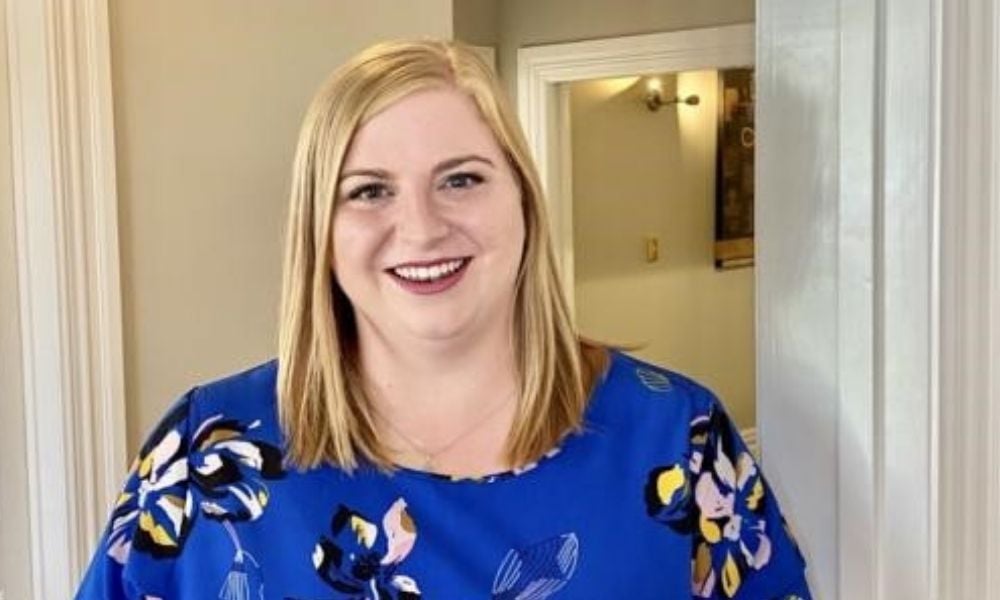
Laura McLoughlin-Ware says communication and mentorship should be valued by lawyers

Realising the scope of the law was what drove Laura McLoughlin-Ware to become a lawyer, but it’s the people that drive her continued progression in the profession.
McLoughlin-Ware recently rose in the ranks at Tauranga firm Mackenzie Elvin, becoming one of the firm’s new associates back earlier this year. For this skilled civil litigator, the value of client communication and human interaction has risen in light of the COVID-19 pandemic, with the building and maintenance of strong client relationships being especially vital.
However, McLoughlin-Ware believes it’s not just external clients who need to benefit from a people-centred focus – lawyers need to share time and knowledge to the next generation too.
In this interview, McLoughlin-Ware talks about working on the Quake Outcasts litigation, in-house upskilling at Mackenzie Elvin and the problem of access to justice.
As I learned more about the ways that the law was used, I became more passionate about a career in the law. A big turning point for me was when I attended the ICRC International Humanitarian Law conference in Wellington in 2007 – it opened my eyes to the scope of the law.
I get the most satisfaction seeing clients walk out the door after signing a settlement agreement – seeing the weight get lifted off their shoulders always reminds me of the positive impact that we can make.
The Quake Outcasts litigation. The first piece of work I ever did was an opinion on the human rights aspects of the government’s decision. Over the next few years, I was part of the judicial review taken on behalf of a group of people who owned uninsured homes or vacant land in the Christchurch residential red zone.
I was very fortunate to appear in the appeals in the Court of Appeal and Supreme Court alongside (as they were then) Francis Cooke QC and Matthew Palmer QC.
What is going on at the firm? Are there any new programs and initiatives that you’re particularly interested in?
A focus of mine has been our in-house upskilling. I’m particularly interested in finding different ways for people to share their knowledge and use it to improve the way we operate.
Expanding my practice into new areas after joining Mackenzie Elvin Law has been an exciting challenge over the last 18 months. I’ve been incredibly lucky to work with such talented colleagues with a wealth of knowledge.
I had a lot of civil litigation experience, so working on relationship property and estate litigation has been a learning curve. It has reminded me of one of the best aspects of our job – there’s always something new to learn.
The biggest lesson over the past year has been the importance of communication and human interaction, particularly with clients. With all the challenges that COVID-19 has put in the way, it’s reinforced the importance of building and working to maintain a relationship of trust and confidence with our clients. We have all had to adapt but people remain at the focus of our business.
Transferring knowledge throughout the firm, and particularly to younger members of the firm. Although it can be tough to find the time, I think that it is truly worth it. Experienced lawyers have so much to teach, and there is massive value to the firm in passing that knowledge on.
I think that providing this avenue for growth and improvement is critical to keeping people engaged and positive about their role. It helps foster an open environment to work on issues like professional wellbeing and stress management which is crucial to a healthy approach to the job.
An ongoing problem for the profession is access to justice, particularly the cost and time it takes to get a result. This is an issue that arises time and time again in my area of work. The reality is that cost and time are significant barriers for many people.
Continuing to develop my expertise in my areas of work, the completion of my new home and exploring the beautiful Bay of Plenty.